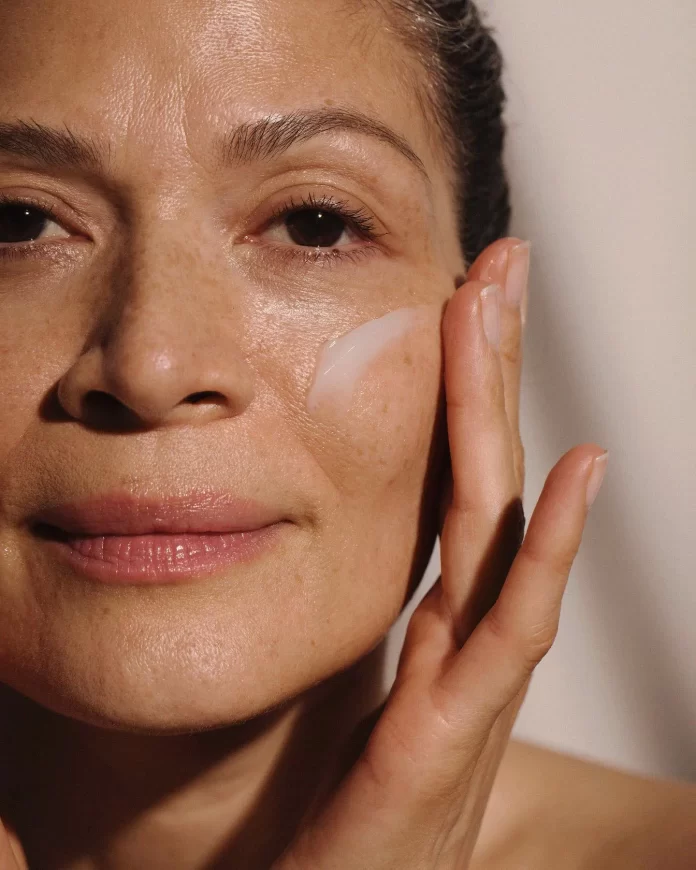
Key Takeaways
- Growth of Skincare Market: From 2024 to 2032, the compound annual growth rate (CAGR) is about 4.2%, and anticipated to reach USD 241.92 billion by 2032. This indicates a rising consumer investment in skincare products.
- Simplified Skincare and Ingredients: The move towards simplified skincare routines, or “skinminimalism,” highlights a consumer preference for fewer products with multiple benefits.
- Influence of K-Beauty and G-Beauty: Korean Beauty and German Skincare continue to influence global skincare trends, ultimately driving innovation.
- Treatments and Techniques: Advanced non-invasive treatments such as microcurrent technology continue to gain popularity.
- Personalized and Advanced Skincare: Technologies like AI are fueling the demand for personalized and advanced skincare solutions, which tailor regimens to individual needs.
Skincare is an ever-evolving industry, with consumers constantly seeking innovative and high-quality products. As a brand, understanding the latest skincare product trends and finding the right manufacturers is crucial for success. By leveraging the Wonnda platform to connect with private label skincare manufacturers who specialize in skincare product manufacturing, brands can successfully tap into this booming market.


The Pulse of the Market: Skincare Trends to Watch
Keeping a finger on the pulse of the market is essential for launching a successful skincare line. Here are some noteworthy trends that are transforming the skincare industry:
Niacinamide: A Cornerstone Ingredient
Niacinamide remains a standout ingredient in the skincare landscape of 2024. Celebrated for its versatile benefits, it addresses a multitude of skin concerns from brightening and soothing redness to minimizing enlarged pores and controlling oil production. This powerhouse ingredient is part of a larger trend towards ingredients that support the skin barrier, such as ceramides and squalane. By supporting the skin’s natural defense system, these ingredients are pivotal in maintaining a healthy and balanced skin condition.

Snow Mushroom Skincare: The New Hydration Hero
2024 sees the rise of snow mushroom extracts in skincare products, known for their exceptional hydrating and radiance-boosting properties. These natural extracts are proving to be more effective than traditional hydrating ingredients like hyaluronic acid, offering additional benefits like anti-tumor, antioxidant, and anti-inflammatory effects.
The Rise of Skinminimalism
Skinminimalism underscores the move towards streamlined skincare routines. This approach favors using fewer products but with multi-functional ingredients. The goal is clear – maximize results with minimal products. This trend reflects a growing consumer desire for simplicity and efficiency in skincare, reducing the impact on the skin barrier and embracing a more sustainable approach to beauty.
Multi-Functional Ingredients
Ingredients that target multiple skin concerns simultaneously are gaining popularity. Examples include tretinoin (for acne, pigmentation, and anti-aging), vitamin C (for pollution protection, skin tone evenness, and fine lines), and azelaic acid (for breakouts, exfoliation, and rosacea management). Innovations include senolytic actives (targeting senescent cells), microbiome-boosting actives, peptides for epigenome improvement, and actives protecting mitochondrial health.
Barrier Repair Skincare: Protecting the Skin’s First Line of Defense
Focusing on the skin barrier’s health has become more crucial than ever. Dermatologists emphasize the importance of barrier repair skincare, highlighting key ingredients like emollients and humectants. Shea butter, hyaluronic acid, and glycerin are among the preferred components for their protective and nourishing properties.

Korean Beauty: A Holistic Skincare Philosophy
Korean Beauty (K-Beauty) continues to influence the global skincare market with its holistic approach, offering products designed for all skin types and concerns. K-Beauty focuses on gentle, natural ingredients such as green tea, ginseng, bamboo, and other plant-based components, known for their antioxidant, anti-inflammatory, and skin-nourishing properties. The innovation in K-Beauty is evident in its cutting-edge formulas and unique products, maintaining its position as a leader in the skincare industry.
Collagen-Banking: Investing in Long-Term Skin Health
A notable trend in skincare treatments is collagen-banking, a method that combines various regenerative treatments for immediate and long-term benefits. Techniques like ultrasound, radio frequency, mesotherapy, and LED light therapy are recommended for their efficacy in promoting collagen production, crucial for skin tightening and rejuvenation.
Microcurrent Technology: The Non-Invasive Lift
2024 also witnesses the burgeoning popularity of microcurrent technology in skincare. This non-invasive treatment has gained attention for its ability to provide a “natural” facelift without the need for surgery. Microcurrent therapy involves sending low-voltage electrical currents into the skin, mimicking the body’s natural current.
This process is known for enhancing skin repair, increasing collagen and elastin production, and improving blood circulation. Its rising popularity is due to the quick, noticeable results with no downtime, making it a favored choice for those seeking anti-aging innovations without invasive procedures.
The Influencer Impact: Celebrity-Endorsed Trends
Celebrities and influencers continue to shape skincare trends, with products like Rare Beauty’s Soft Pinch Liquid Blush gaining popularity for their “clean-girl” aesthetic. The clean beauty products trend highlights the influence of social media in driving consumer preferences in skincare and makeup products.
Made-to-Order Formulas: The Future of Personalized Skincare
Personalized skincare is rapidly gaining momentum in 2024, with brands leveraging advanced AI technology and expert dermatological insights to create custom-tailored skincare solutions. This emerging trend addresses individual skin types and concerns more effectively, ensuring that each person receives a skincare regime precisely suited to their unique needs. By doing so, it paves the way for a more effective approach to skincare, reducing waste and enhancing the overall customization of skincare routines.











